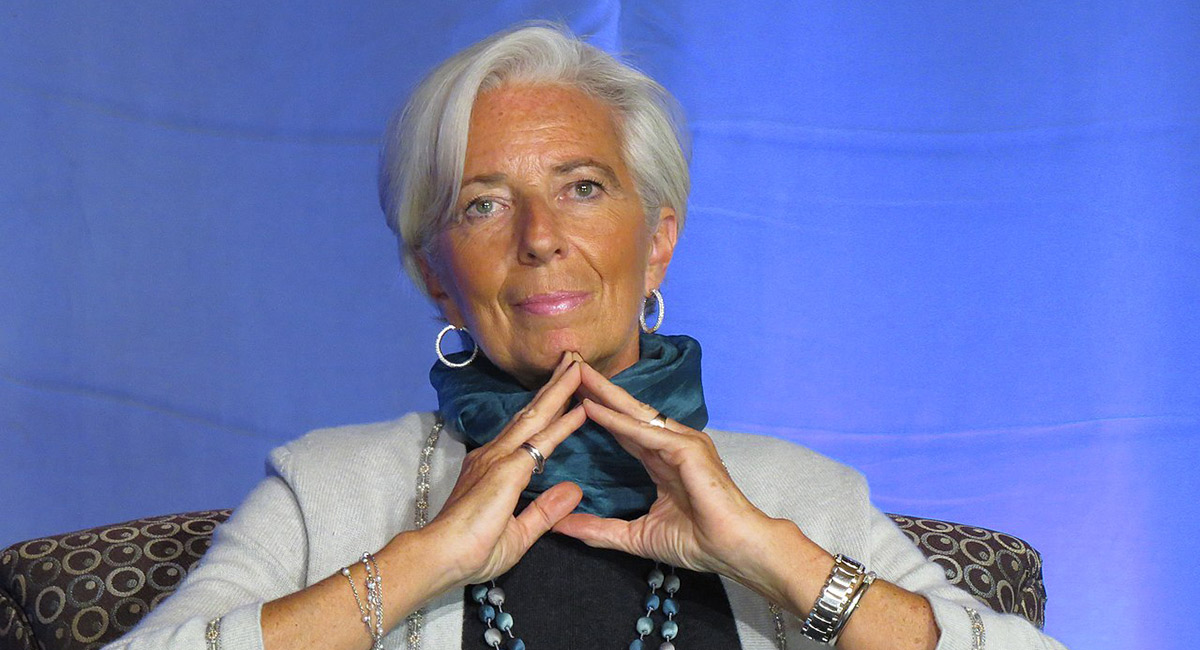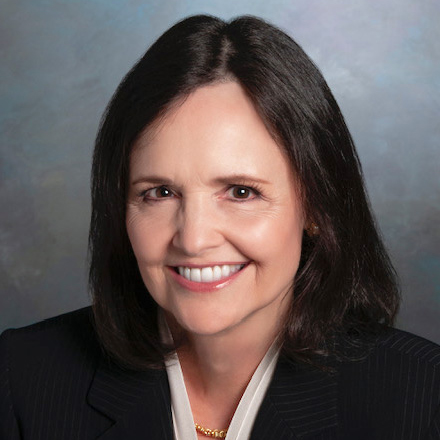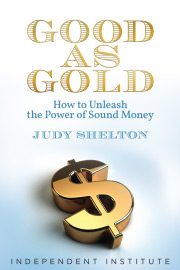It can be hard to remember these days, but the International Monetary fund started out as an undeniable force for good. Even as World War II was raging in July 1944, delegates from dozens of nations convened at the remote mountain resort of Bretton Woods, New Hampshire, to hammer out an international monetary agreement. The goal was to provide hope to a world beset by war through a stable monetary foundation to support free trade and international capital flows.
Yesterday former French Finance Minister Christine Lagarde took the helm of the IMF, and the world now faces a different sort of crisis. The prospect of debt default by Greece threatens the euro currency union. While riots and tear gas in Athens are a far cry from the horrors of war, the scenes of unrest are disturbing nonetheless. The IMF’s ostensible purpose remains to counter disillusionment and enhance economic opportunity. By all appearances of its ministrations in Europe, it is failing.
Financial stability can only arise from coherent monetary arrangements. But the IMF has strayed from its founding mission of supporting sound money—far enough that, when it comes to promoting the free flow of goods and optimal use of investment capital around the world, the IMF may be doing more harm than good.
The monetary stability inherent in the original Bretton Woods agreement arose from gold convertibility. The U.S. dollar was convertible into gold at $35 per ounce; the currencies of other nations were fixed to the dollar. The IMF was expressly charged with maintaining the integrity and viability of this fixed exchange-rate system. Unlike the beggar-thy-neighbor practices of competitive depreciation that thwarted financial recovery in the turbulent 1930s, the postwar monetary system was aimed at preventing governments from debasing their nations’ currencies to gain artificial advantages for exports.
Money was to serve as an honest and consistent measure, across borders and through time, under terms that kept it safely removed from government manipulation. The Bretton Woods architects sought to achieve price-level stability for domestic economies as well as for international commerce by anchoring this monetary system with gold. They saw inflation as a destructive element that could undermine political and social order; stable money under strict rules would have a reinforcing effect on fiscal responsibility within individual countries.
But the fatal weakness of the Bretton Woods system was its dependence on the U.S. to conduct fiscal policy in accordance with the strictures of gold convertibility. Gold serves to enforce monetary discipline only if people can redeem currency at the fixed-convertibility rate when they suspect increases in money and credit are unwarranted by the economy’s real growth prospects. As they redeem their currency, the money supply automatically contracts. However, the Bretton Woods system was not a classical gold standard but rather a truncated gold-exchange system that allowed foreign central banks to exercise the gold-convertibility privilege—but not ordinary citizens. A classical gold standard, too, would have required that all participating nations commit to gold convertibility, and thus to fiscal responsibility.
Instead, the agreement granted the U.S. exorbitant privilege as the issuer of the world’s reserve currency. This proved the undoing of Bretton Woods. As French economist Jacques Rueff once complained, America’s ability to export homegrown inflation enabled it to run “deficits without tears.” President Lyndon Johnson’s massive social spending during the 1960s, when the U.S. was fighting a war in Vietnam, led to fiscal pressures with monetary consequences. The value of the dollar deteriorated and President Richard Nixon ended dollar-gold convertibility in August 1971. Currency fluctuations have been contributing to volatility in world markets ever since.
The lesson is that a common currency—what you get when exchange rates are irrevocably fixed—is a good thing. There is no reason the honest efforts of individuals to provide goods and services through the international marketplace should be defeated by sleight-of-hand currency effects. Money is meant to function as a reliable tool for measuring value; it should not be distorted as an instrument of government policy.
But it’s not enough to fix exchange rates by decree, as we have learned from the advent of the euro and its current troubles. Unless there is inherent monetary discipline—invulnerable to fiscal corruption—no currency can function as a meaningful unit of account or dependable store of value.
Today, both of the world’s major currencies are subject to the budgetary transgressions of governments. Government appointees at the European Central Bank and the U.S. Federal Reserve are empowered with deciding how much money should be issued, rather than calibrating the money supply to match productive economic needs through the voluntary conversion of currency into gold.
It’s an untenable situation, fraught with political tensions leading to monetary accommodation. The absence of a gold anchor—the immutable firewall between fiscal indulgence and compromised currencies—dooms the integrity of both the dollar and the euro. Former Fed Chairman Alan Greenspan rightly observed earlier this year that they are both “faulty fiat currencies.”
Meanwhile, in describing her goals for the IMF, Ms. Lagarde says she wants to ensure that the organization remains “relevant” and “legitimate” in seeking to secure “a better future for all.” To do that, she needs to focus on the IMF’s original mission of achieving a stable monetary foundation for economic growth. It won’t be easy, given that the organization has transformed into something quite different: Today’s IMF acts as frontman for bailing out nations on the brink of bankruptcy. Lurching from one financial emergency to the next is not conducive to rethinking the global monetary system.
And that’s the point: Today’s currency disorder is no kind of system. Abandoning its birthright, the IMF now permits its members to adopt whatever monetary arrangements they wish—except, perversely, pegging their currencies to gold.
Even if the exchange rate between the dollar and euro were officially fixed, it would merely facilitate an unwarranted expansion of euros the next time the Fed opted to engage in quantitative easing—unless both currencies were fixed to gold as well. Nobel Prize-winning economist Robert Mundell, who provided the intellectual groundwork for Europe’s common currency, sees that as a way forward. “Gold is nobody’s liability and it can’t be printed,” he commented last month. “So it has a strength and confidence that people trust.”
The IMF cannot boast as much. Ms. Lagarde has a golden opportunity to change that.









